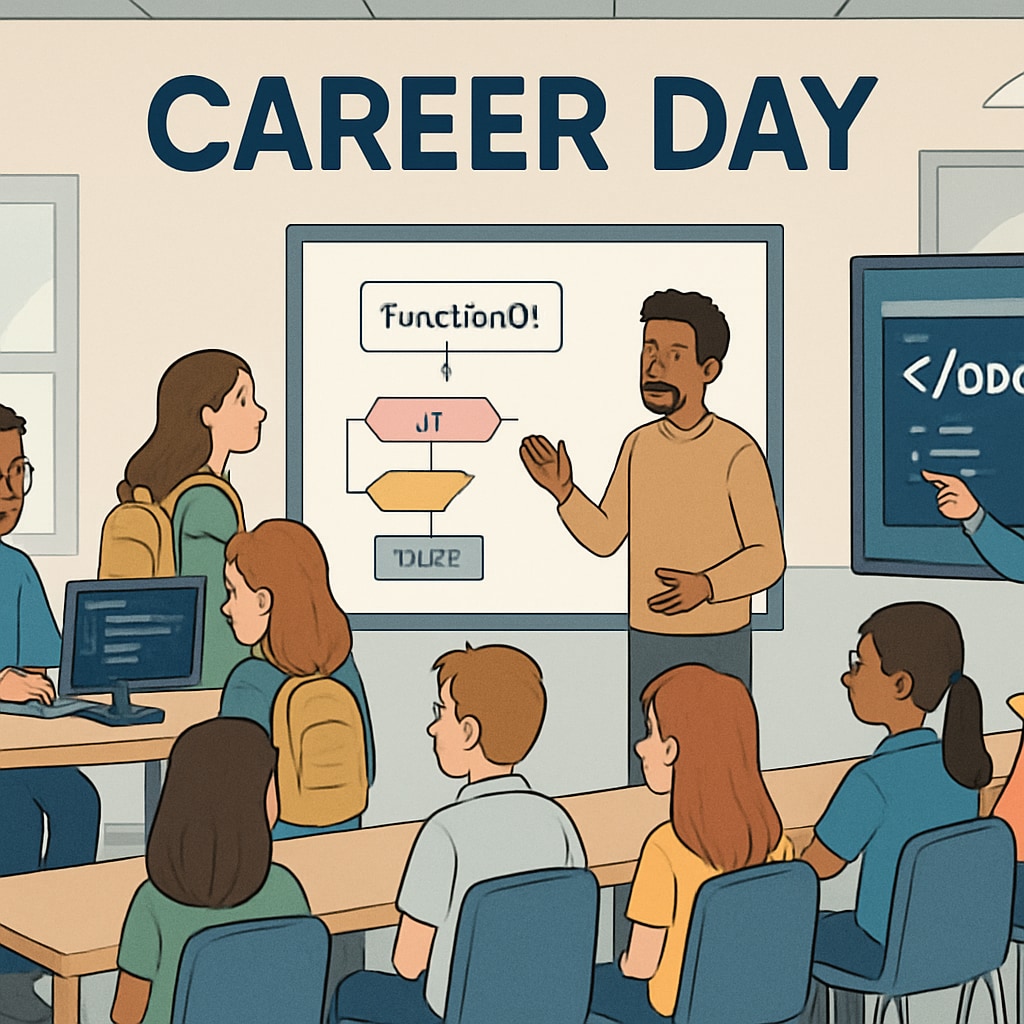Making informed decisions about career choices, IT majors, and college life is a critical step for K12 students as they approach pivotal academic transitions. Early career planning can help students align their interests and skills with long-term goals, ensuring they are well-prepared for the demands of higher education and the professional world. This article explores the strategies and tools that parents and educators can use to guide young learners toward informed decisions.
Understanding the Importance of Career Exploration During K12
The K12 stage provides an excellent opportunity for students to begin exploring potential career paths. By exposing students to a variety of fields, including IT and emerging industries, they can develop a clearer understanding of their interests and capabilities. For example, interactive workshops and career days allow students to engage directly with professionals and gain insights into real-world job roles.
Moreover, career exploration helps students:
- Identify their strengths and weaknesses.
- Understand industry trends, such as the growing demand for IT specialists.
- Develop essential soft skills like communication and teamwork.

Building Skills for IT Majors and Other High-Demand Fields
When it comes to high-demand fields like IT, early skill development is essential. Students interested in pursuing IT majors can benefit from foundational courses in computer science, programming, and data analysis. These courses not only boost their technical skills but also build confidence in their ability to handle complex tasks.
In addition to academics, extracurricular activities such as coding clubs, hackathons, and internships provide valuable hands-on experience. For instance, participating in a robotics competition can help students apply their programming knowledge in a practical, team-based setting.
Encouraging skill development early ensures that students:
- Gain a competitive edge when applying to universities.
- Build a strong portfolio that showcases their capabilities.
- Discover whether their initial career interests truly align with their passions.

Practical Steps for Effective Career Planning
Effective career planning requires a combination of self-assessment, exposure to opportunities, and guidance from mentors. Parents and educators can facilitate this process by implementing the following steps:
- Encourage Self-Reflection: Students should evaluate their interests, values, and goals through tools like personality tests or career quizzes.
- Provide Exposure: Organize career fairs, job-shadowing opportunities, and field trips to industries like IT, healthcare, and engineering.
- Set Achievable Milestones: Help students create a roadmap that includes short-term academic goals and long-term career aspirations.
- Promote Lifelong Learning: Emphasize the importance of adaptability and continuous skill development to keep up with evolving career landscapes.
For additional resources, students and parents can explore platforms such as Britannica for career-related articles or Wikipedia’s IT page for insights into the tech industry.
Conclusion: Paving the Way for Informed Decisions
Career choices, IT majors, and college life are interconnected milestones that shape a student’s future. By starting early and providing structured guidance, educators and parents can empower K12 students to make thoughtful, informed decisions. Whether they pursue IT or other fields, the foundation of career exploration and skill development will pave the way for a successful academic and professional journey.
As a result, students gain not only the technical knowledge they need but also the confidence and adaptability to navigate the complexities of the modern job market. The earlier they start, the brighter their future will be.
Readability guidance: This article uses short paragraphs, clear subheadings, and lists to improve readability. Transition words like “therefore,” “in addition,” and “for example” help connect ideas seamlessly.


